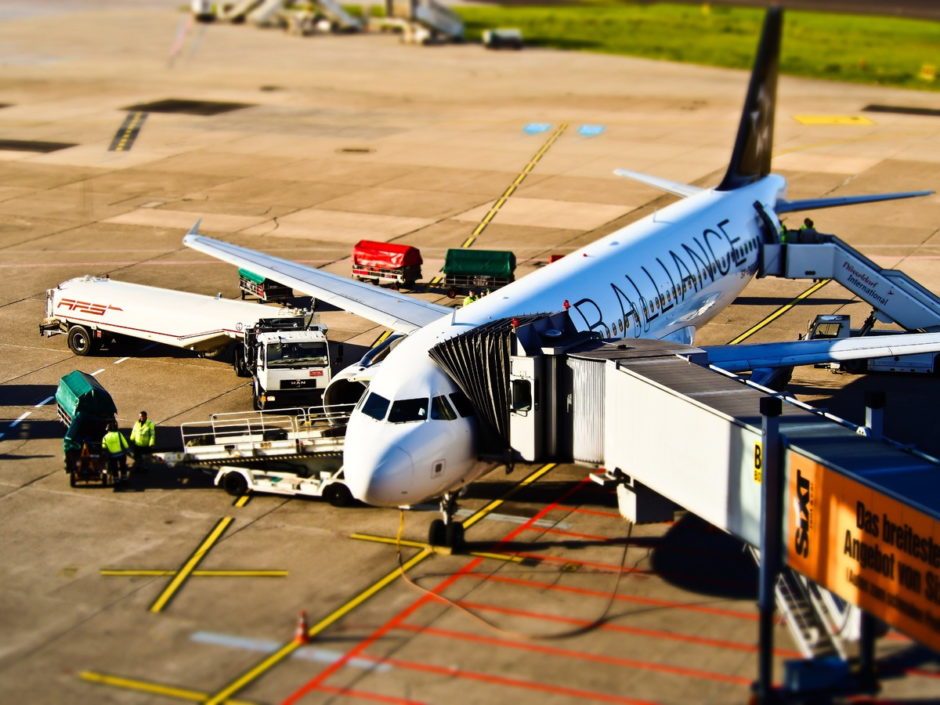
Flight delays are a frustrating experience for anyone to have.
Whether you’re travelling across the world to meet a client and grow your business, or you’re heading out on holiday with your family, the last thing you want to do is spend several hours sitting in a terminal when you’re supposed to be in the air.
Unfortunately, flight delays do happen – and they happen quite regularly. Issues with the weather, problems with staffing and a host of other issues can cause delays to happen on an almost daily basis. The best thing you can do to make sure that you’re prepared is ensure that you know the details on flight delays before you start your trip.
Here’s what you need to know about delays and compensation.
What are the Rules Around Flight Delays
So, what are the rules around getting compensation for your flight delays?
Ultimately, if you’re flying from an EU airport, landing at an EU airport, or travelling with an airline in the European Union, then you should be entitled under compensation according to Regulation 261. However, this rule only applies if you have been delayed by more than 3 hours. Importantly, the time that you arrive at your destination has to be three hours later than it was meant to be.
Simply setting off from your destination three hours after schedule isn’t enough, as some airlines can take shorter routes to reduce the travel time. Additionally, the flight that you are claiming compensation for will also need to have been delayed or cancelled for a reason that wasn’t the fault of the airline.
Keeping you Comfortable: Beyond Compensation
As a passenger on a delayed flight, you’ll be eligible to more than just compensation when you arrive home in the right circumstances. In many cases, the airline must also provide you with drink and food appropriate to the time of day in question. This generally means that you’ll get a voucher for your lunch which you can use to keep your family comfortable, hydrated, and fed while you wait for the next leg of your journey.
For overnight delays, you may also find that your airline can provide you with accommodation at a nearby hotel, as well as transportation to reach your hotel. When there is a major disruption, the staff responsible for serving you might tell you to go and stay at a hotel and claim for compensation when you get back. If this is the case, remember that your airline won’t agree to pay for an expensive hotel, unless you can prove that there was no other alternative available.
Times You Won’t be Eligible for Compensation
There are plenty of instances in which you should be eligible for compensation after a delayed or cancelled flight. However, there are also situations where you’ll simply have to deal with the frustration of your delay. For instance, compensation isn’t payable in the event of an extraordinary circumstance when it comes to flight delays.
In simple terms, this means that if your airline can prove that your delay was caused by something that was outside of their control, like a security issue, a natural disaster or extreme weather conditions, then you won’t get compensation. Ultimately, airlines can’t be expected to pay for problems that they can’t control.
Most things in the control of your airline, including issues with staffing, or technical problems that could have been prevented with better care and attention will not fall into the category of extraordinary circumstances. You can also consider appealing a claim of extraordinary circumstances made by your airline if you believe that the delay was their fault.
Make Sure You’re Informed
Ultimately, while a flight delay or cancellation is always a stressful experience, you’ll find that you have a much better time knowing that you have your rights and opportunities for compensation ahead of you. Before you go on any trip, make sure that you read up on the nature of compensation for your flight, and how you can prepare for a delay.
The more you know about your airline’s policies, the better off you’ll be when something goes wrong. It’s also worth making a note of the airline’s number or downloading any apps it might have so you can contact customer service as quickly as possible when you find out about a delay. Waiting to speak to someone at the airport can be a time-consuming and frustrating process, as there are a lot of passengers to deal with.
